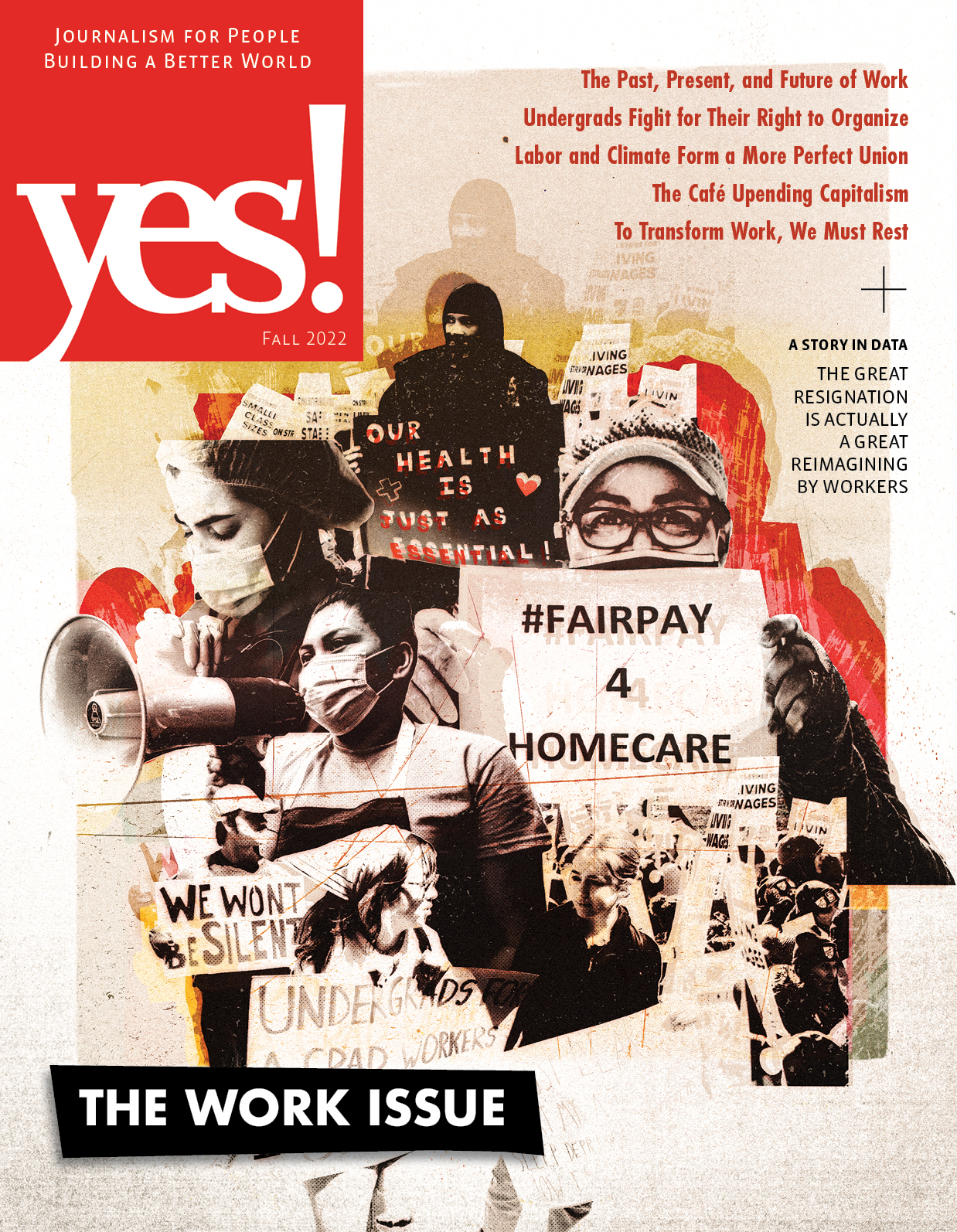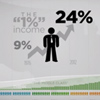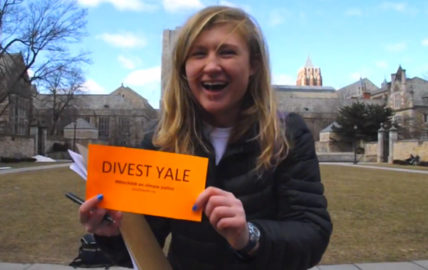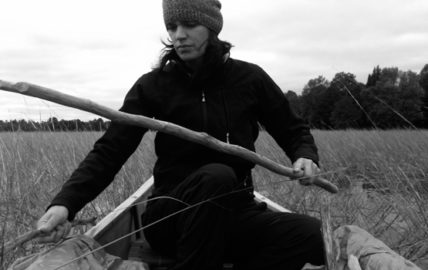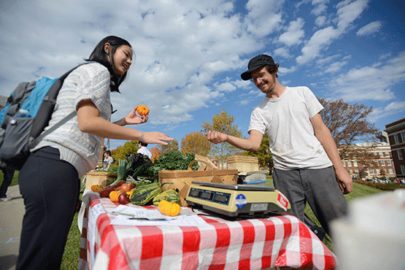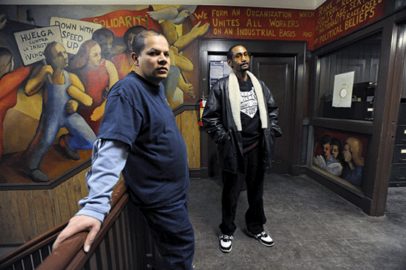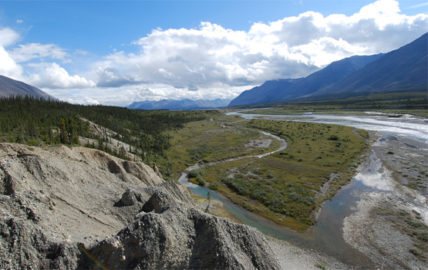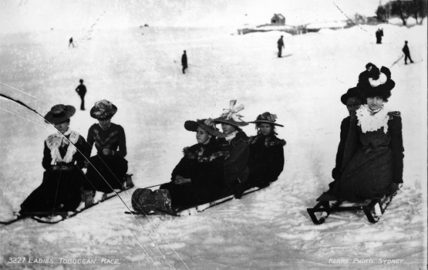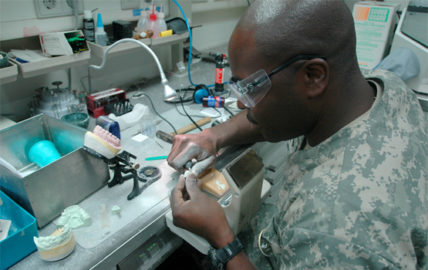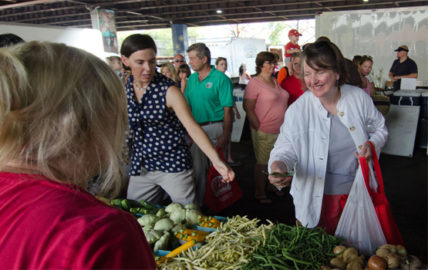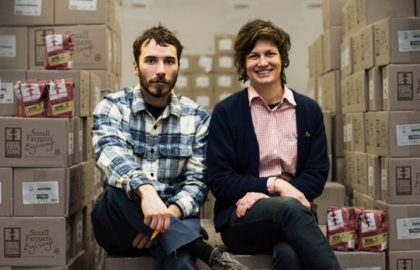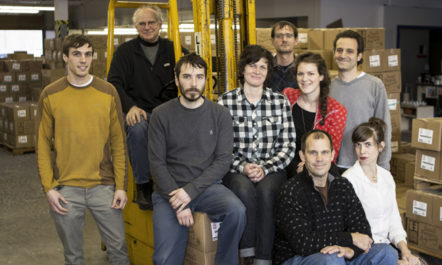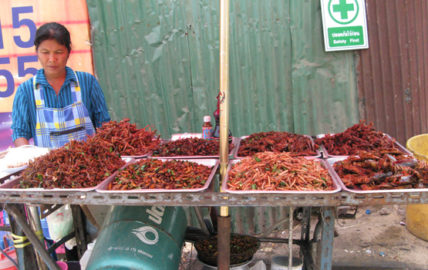Statistics about how much wealth is possessed by different groups of people can be hard to wrap your mind around. This video visualizes the figures in a few different ways—and the picture isn’t pretty.
Today, the world honors advancements for women’s rights—and it all started with a courageous group of garment workers.
Cracking the Codes features stories of racism’s continuing effects told by those who experience it daily, and includes a teaching guide for those who want to address racial issues within groups and projects.
The students organizing for climate justice on campuses today are drawing connections between the environment and social issues like debt, racism, and immigration.
Naomi Klein speaks with writer, spoken-word artist, and indigenous academic Leanne Betasamosake Simpson about “extractivism,” why it’s important to talk about memories of the land, and what’s next for Idle No More.
The steelworkers deal that could turn the rust belt green.
When their boss tried to fire them, the workers of Republic Windows and Doors occupied the factory. Now they own it as a cooperative.
To catch up on past cartoons by Joe Mohr
When fracking hits close to home, Mark Ruffalo, Debra Winger, Yoko Ono, and other big names find common ground with small towns.
As climate change forces species to head for cooler climates, biologists are using new tools and partnerships to make sure we help—and don't hinder—their flight.
In the 1970s, women called for abortion rights, universal child care, and equal pay. So why are we still waiting for these rights?
The sequester could result in the first significant cuts to the military budget in years. If it goes through, let’s make sure we avoid mass unemployment by training these veterans to work in growing industries.
Academy Award-winners are selected by algorithms that allow voters to rank candidates in order of preference, selecting backups if their first choices lose. What if we elected our leaders that way?
Review: More than half of the nation’s worst-paid jobs are related to food. Saru Jayaraman’s new book dives into the explosive movement for better rights for those who plant, process, and cook the food we eat.
Video: The Swinomish tribe could lose up to 15 percent of their land on low-lying Fidalgo Island to climate-change related sea level rise. They’re working with planners to make sure they can survive—and thrive—in the region’s changing climate.
Martin Luther King, Jr.’s thinking on racism pertained to all of world society, not just the United States. In this writing, he makes the case that racism is a “corrosive evil” that must be conquered before we can achieve peace.
In their new film, Shift Change, filmmakers Melissa Young and Mark Dworkin take viewers on a worldwind tour of the cooperative economy.
In this wide-ranging interview, Kirschenmann gives YES! the dirt on the future of farming.
Just hours after Sandy Hook, the managers of the teachers’ pension fund sold off their stock in a manufacturer of semi-automatic rifles.
We know about the ecological problems that follow when farmers are asked to “feed the world.” What would happen if they just tried to feed their neighbors instead?
Why support the co-ops in your community? The benefits might be further-reaching than you think.
What does it sound like when 40,000 people raise their voices for climate justice at once?
Co-ops—just like people—can get more done together than anyone can do alone. They come in many forms, and are more common than you might imagine.
How cooperatives are leading the way to empowered workers and healthy communities.
Cultural attitudes toward food tend to change slowly. But as we struggle to feed a growing population, insects present a remarkably plentiful source of nutrition.
Help Fund Powerful Stories to Light the Way Forward
Donate to YES! today.
